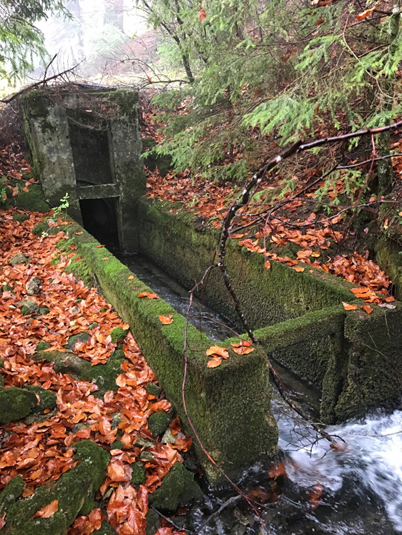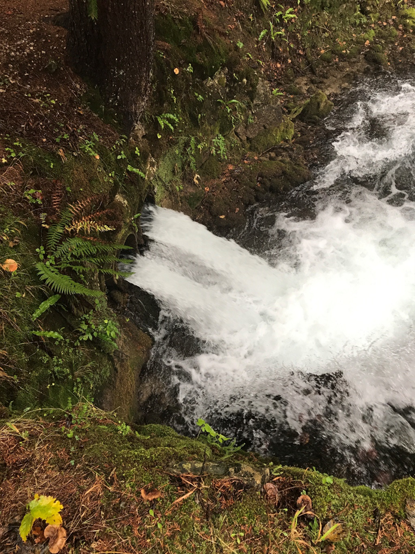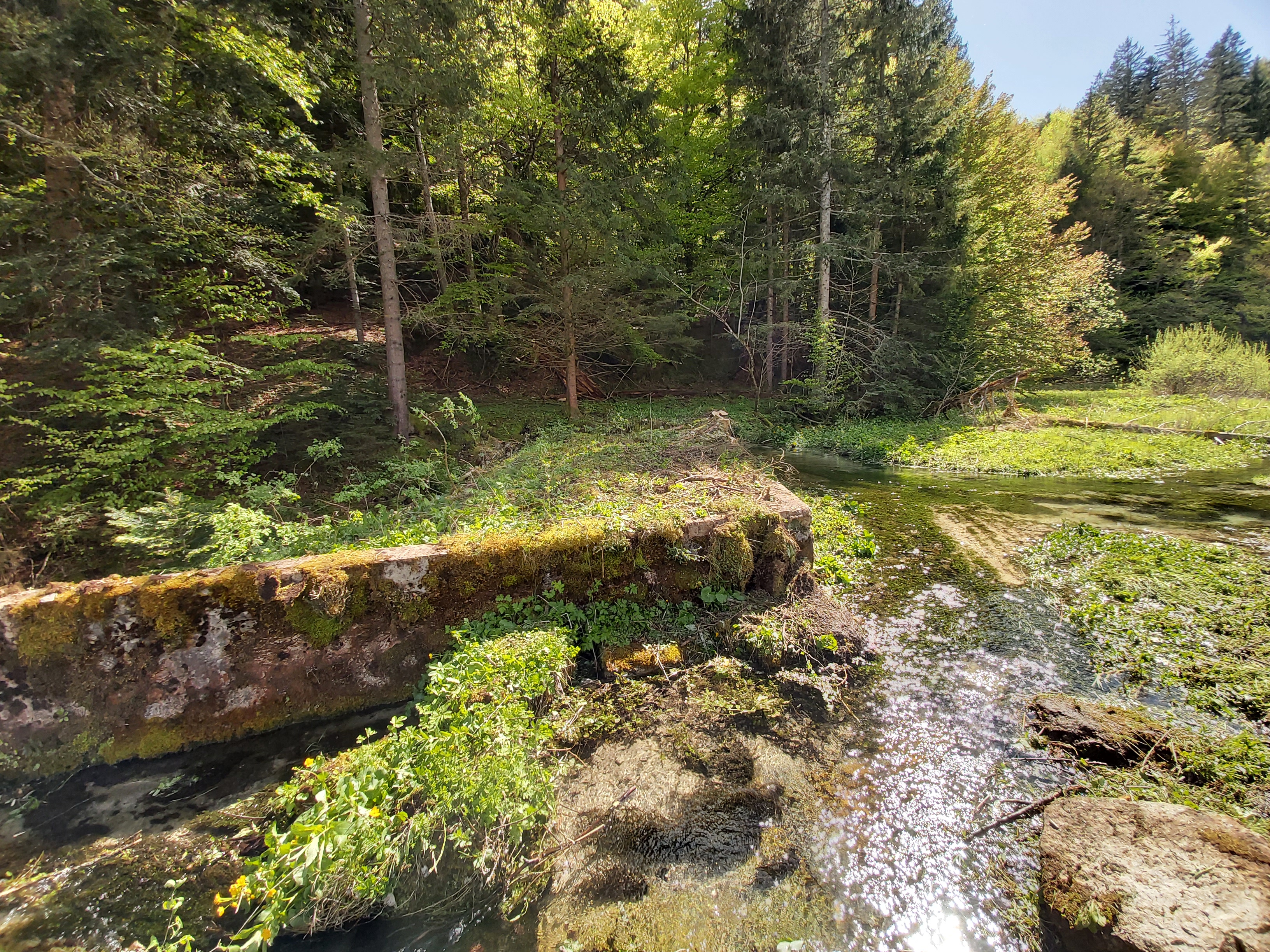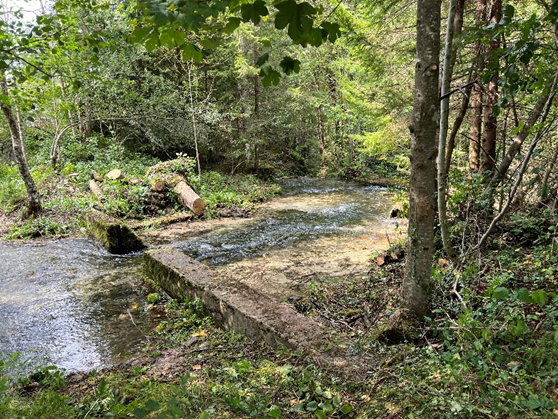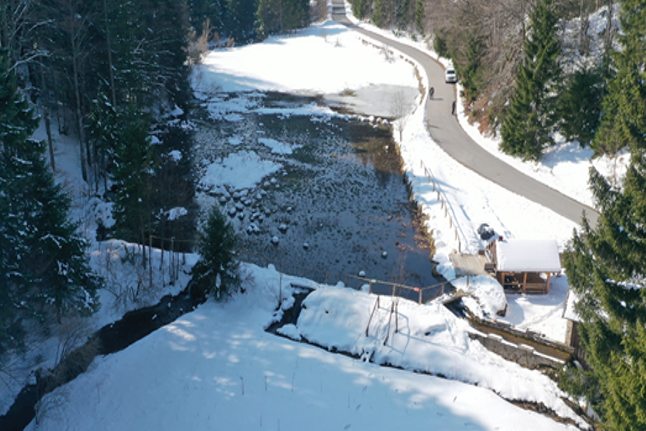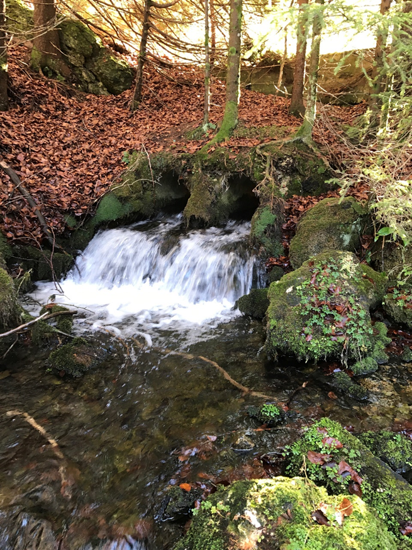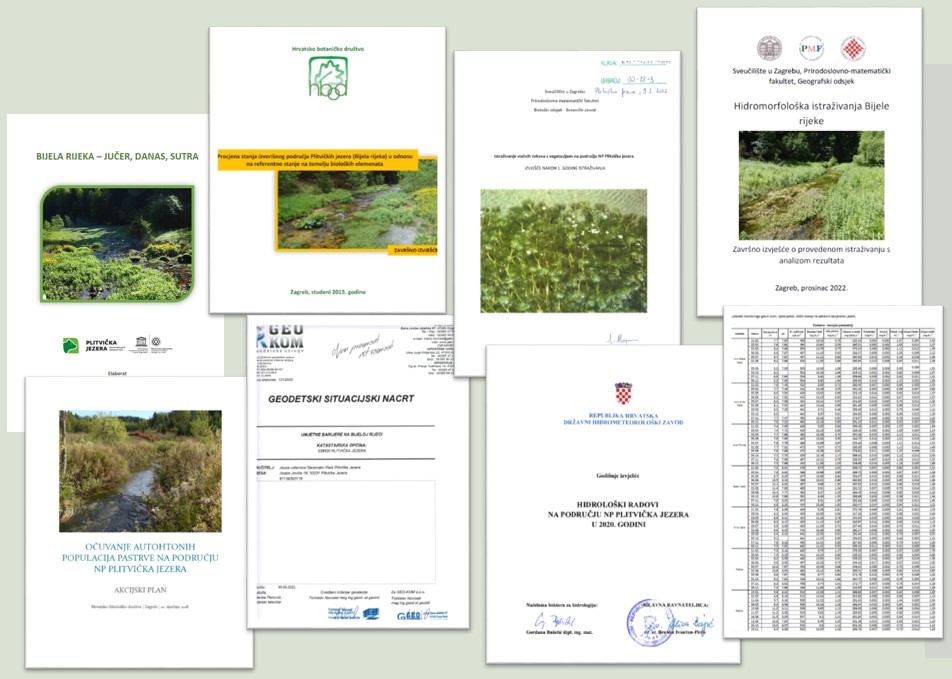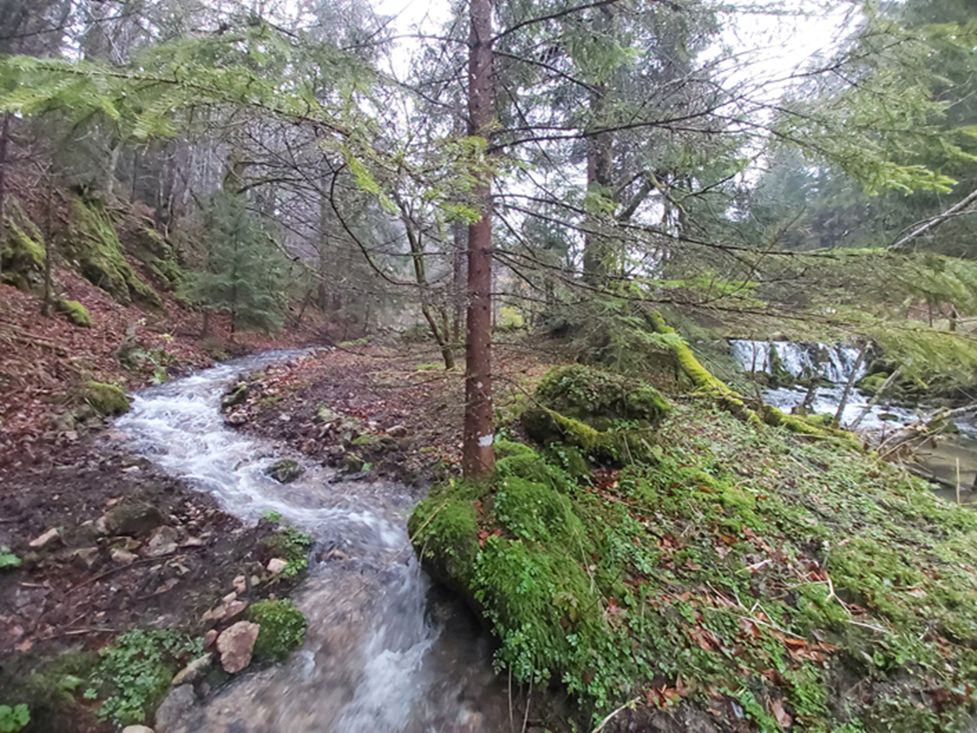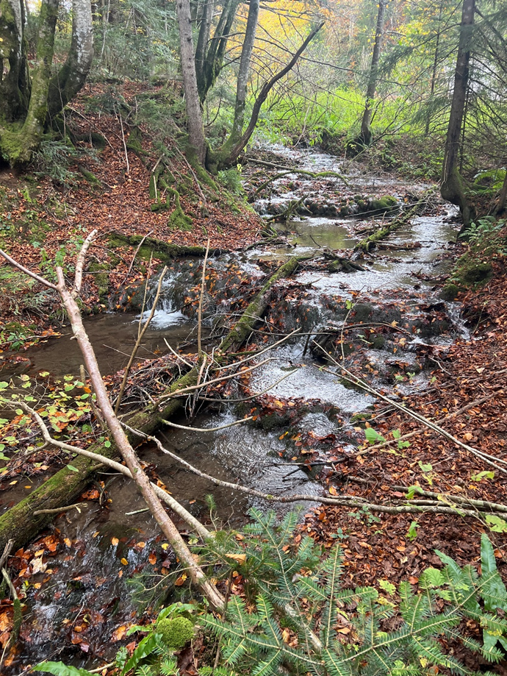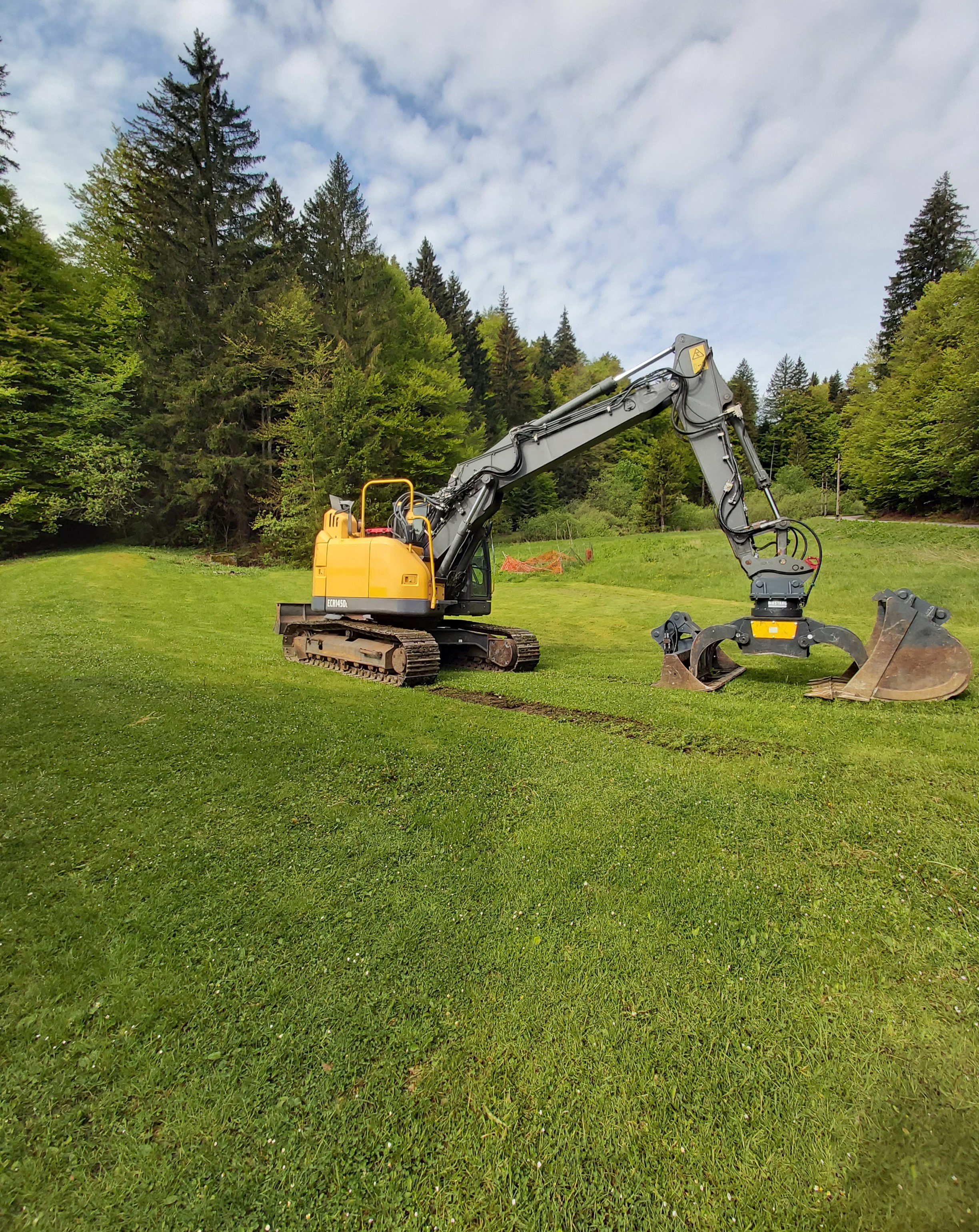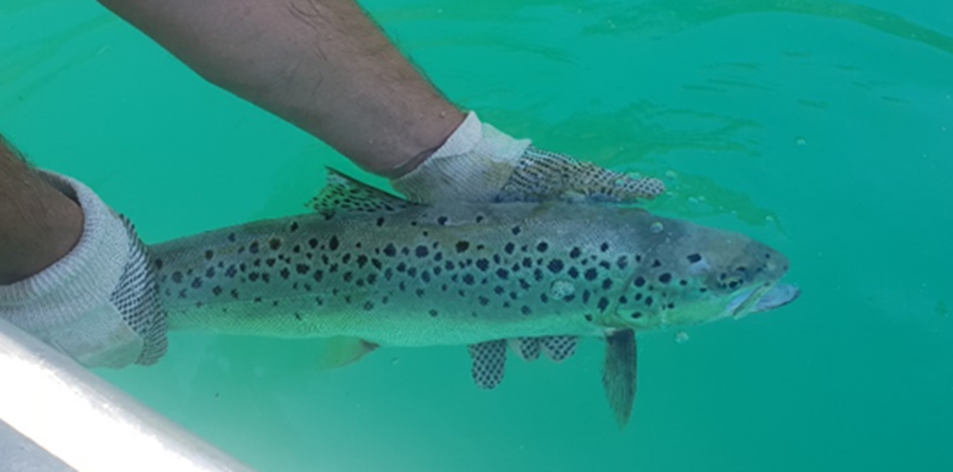Artificial barriers on streams and rivers, especially those that no longer fulfill the original function for which they were built, have a negative impact on these watercourses. They alter the morphology of the natural flow, the hydrological and physico-chemical conditions of the water, affect sediment transport and cause habitat fragmentation, preventing the migration of different species in the aquatic ecosystem. Barriers significantly impair the ecological status of a watercourse and should be removed. This is particularly desirable in protected areas, i.e. national parks, which should work to protect and conserve their natural ecosystems. The aim of the EU Biodiversity Strategy is to restore freshwater ecosystems and the natural functions of rivers and to ensure the free flow of at least 25,000 km of rivers by 2030. To date, not a single artificial barrier has been removed from a watercourse in the Republic of Croatia!
Despite the long-term protection of the area, we have the problem of artificial barriers on watercourses even in our national park. On the Bijela Rijeka, our 4.5 km long stream that supplies the lake system with water, people have built canals, barriers and reservoirs over the last 250 years to harness the power of the water for the operation of sawmills, mills and power plants. These facilities have not been in operation for almost 100 years, and their remains still have a negative impact on the Bijela Rijeka ecosystem. The negative impact of these barriers on the migration of our native species, the Danube trout, for which the Bijela Rijeka stream is a favorable habitat for spawning, is particularly serious.
In order to eliminate these negative influences and ensure that the Danube trout has a clear path to spawn, we have been continuously collecting data from the literature and from the field for the past five years, monitoring the situation and conducting professional and scientific measurements and research as a basis for the removal of artificial barriers and the restoration of the Bijela Rijeka ecosystem. With the support of WWF Adria and the Open Rivers Programm, the preparation of barrier removal studies and the selection of contractors for the removal works as well as the implementation of post-removal monitoring of biological indicators were financed.
At four of the eight sites where we identified the remnants of barriers, we restored the old parts of the Bijela Rijeka course last autumn, which are ideal for trout migration due to their natural bed morphology. At these sites, the artificial barriers themselves have not been removed because habitat types and Natura 2000 target species have developed on them or in their immediate vicinity over the years, which we also need to preserve, and removing the barriers would significantly and probably catastrophically alter their habitat conditions. The remaining four sites require removal construction works, which will be carried out under hydrotechnical supervision and monitoring of hydrological, physico-chemical and biological conditions in the watercourse.
After numerous obstacles that we ourselves have encountered in this multi-year process, we can finally proudly announce that in the Plitvice Lakes National Park, on the small but very important Bijela Rijeka stream, the first four artificial barriers in the Republic of Croatia are being removed these days. We wish our Danube trouts a happy journey through the old streams and that the Bijela rijeka stream will be free again!


